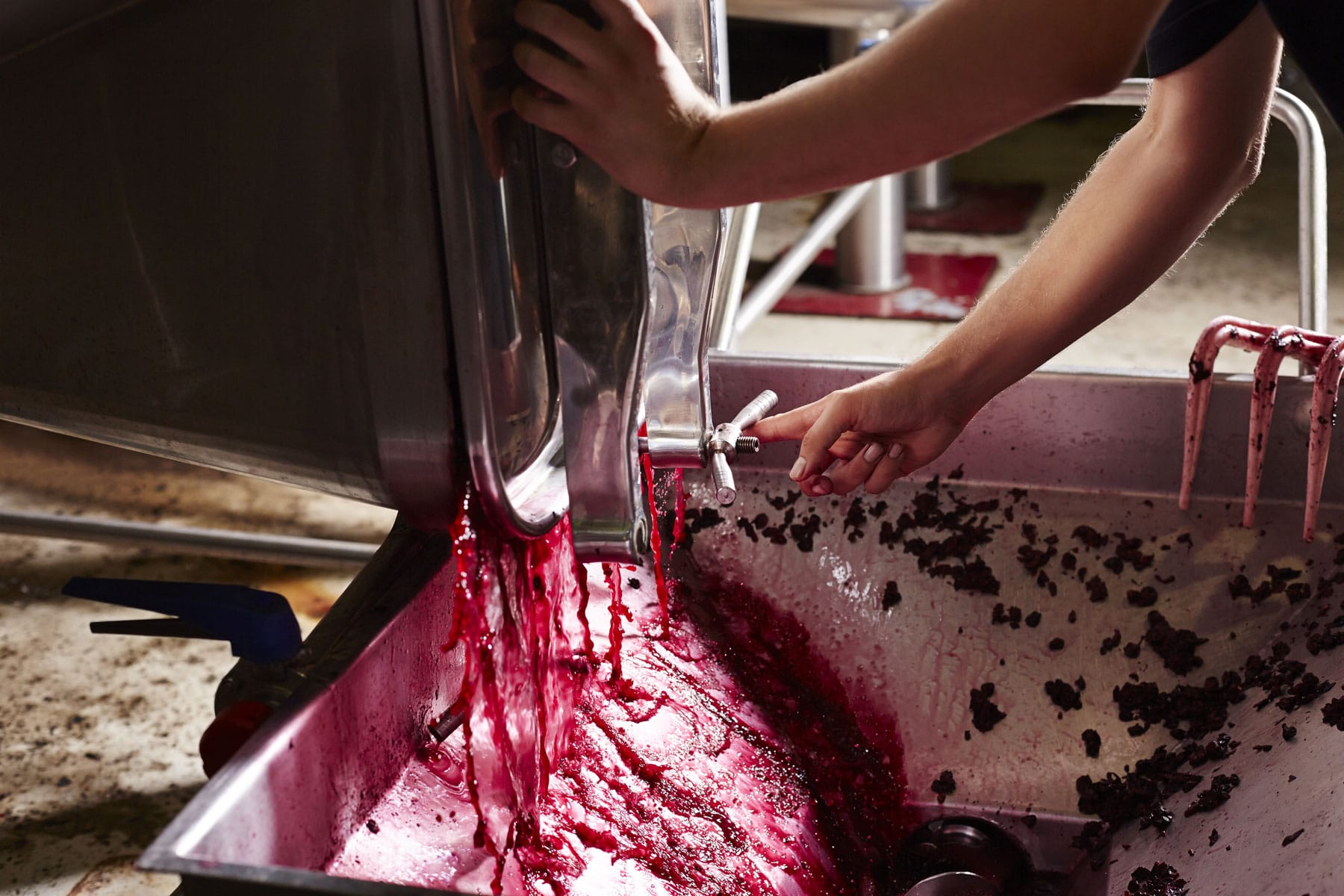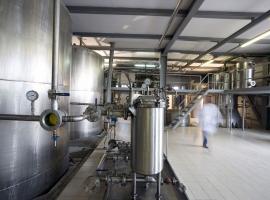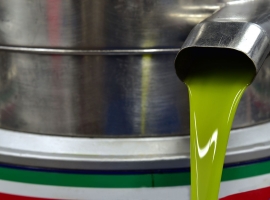The first and most important factor in making good wine are the well-groomed, well-protected, well matured and well-selected grapes. Prior harvesting even one vine grape, all premises, machinery, tools and containers to be used during vinification should be thoroughly washed (twice if it is possible). The objects to be cleaned include everything, e.g. the yards and floors of the warehouses/cellars where must will be placed, the baskets/boxes carrying the grapes from the vineyard to the house, the wine press, the tanks and the barrels, all kinds of rubbers and pumps, even the same scissors to be used to mix the must.
It is important not to forget that even ourselves (as wine-makers) come in contact with the must. So we should take care to clean and change clothes and shoes, once we come back from the vine and prior starting grappling. Finally, it is important to note that whatever is messing up, it is necessary and easier to be cleaned at the same time that we stop using it.
The second crucial point is grapes’ grading. The fewer broken grapes fall into the wine press, the better the wine we will make. Of course we must be careful not to remove leaves or stems.
The next important stage (even if many try to avoid it) is the addition of preservative (metabisulfite). It is very important to add the necessary amount of preservative at the right time. For the required quantity, you should come by to consult us, while for right the time it is important to remember that you should add it as soon as possible.
The next step is the proper monitoring and tracing of the fermentation process with the addition of yeast’s nutrients and the regular shuffling of the must (in order to progress constantly). After the end of the fermentation process, wine deforestation should be conducted as soon as possible. The mud is not beneficial to wine; on the contrary it creates an unpleasant “egg cage” odor, for which many winemakers claim the addition of metabisulphite instead of their own omission. Then “sealing” of tanks or barrels comes. From this point onwards, the presence of air is detrimental to wine; so we should be careful that the tanks/barrels are as full as possible.
Finally, we ensure that all of our tools are again thoroughly cleaned up and stored for the next season. All of the above guidelines apply also for the processed grape marc, if we want to produce qualitative “raki”.



